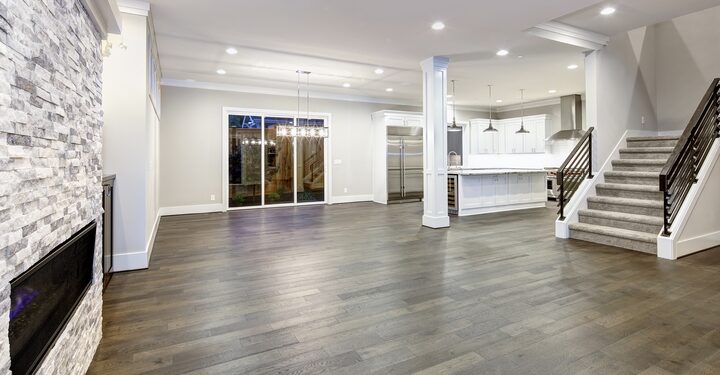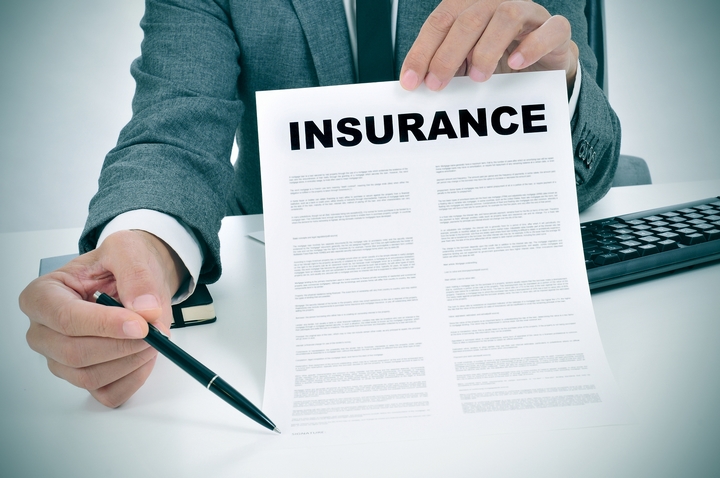How to Insure an Empty House with No Occupants

If you own property that is unattended for any reason, you may be wondering if you need extended insurance coverage. While policies vary, Canadian insurance providers generally require specialized coverage for unoccupied or vacant homes, if you will be away for more than thirty days.
There are many reasons you might have an extended absence, from holidays to renovations or a delayed move-in after purchase. If you own a vacation home, you will need coverage for the time you are not on-site. Similarly, if you own a rental property and find yourself between tenants, you may need additional insurance to fill the gap.
We’ve put together a list of things to think about on how to insure an empty house:
1. Understand how to insure an empty house

In order to insure an empty house, it’s a good idea to understand the basics first. Unattended homes require additional insurance because they pose greater risks for damage and theft. Response times to emergencies is slower, for example, with nobody home to spot a broken water pipe or call the fire department in event of a fire. Similarly, empty homes are bigger targets for break-ins and theft.
2. Learn about risk gaps

If you leave your home unattended for an extended period, without checking in with your insurance provider, you may be in for an unpleasant surprise. Without making sure you are covered for your time away, any damage or loss to your home may not be covered by your insurance.
Rest assured, with some basic awareness and some extended coverage, you will have adequate insurance for your time away.
3. Consider an insurance broker

Insurance brokers can be valuable team members as you work to protect your home. A trusted home insurance broker will take the time to understand your needs, your budget and your current coverage. They will be up to speed on current policy rates and features, allowing them to quickly retrieve offers from multiple providers and help you secure the best rates.
4. Manage your insurance timeline

Whether you are planning a vacation, a renovation or a delayed move-in date, you likely have a schedule or planned amount of time away from your home. When it comes to insurance, it is important to know if you will be away for more than 30 days, in which case you will likely need an adjustment to your coverage.
If you find yourself with unexpected delays, be sure to contact your insurance company within the first 30-day period of absence.
5. Know the insurance definitions

Once you know you need additional coverage for your time away from home, you may wonder if your property should be considered unoccupied or vacant. While they sound similar, they have different insurance implications. An unoccupied home is one that you plan to return to or move into—it is generally suitable for immediate occupancy, with the utilities and appliances hooked up and ready for use.
A vacant home, on the other hand, is one that you have no intention to return to, with utilities shut off. Homes are often vacant between renters or when they are for sale, with the owners having already moved out.
6. Communicate

As soon as you realize you will be away from your property for more than 30 days, reach out to your insurance provider. Every policy is different; you may have very little to do in the way of adjustments or securing additional coverage.
A single phone call can give you all the information you need to ensure seamless coverage. Let’s face it—the last thing you want to do is make a claim on your empty property, only to find out it is uninsured because you failed to do your research.
7. Do What You Can

Whether your home is unoccupied or vacant, it is helpful to take as many steps as possible to protect it from harm. By putting lights on timers, trimming the lawn and covering the windows, it will help to give the appearance that someone is home.
Even better, ask a neighbour to regularly monitor your property, checking for leaks and appliance safety. These steps may give you credit on the insurance front, depending on your policy.
8. Shop for Best Rates

If your insurance policy happens to be up for renewal and you know you will have an extended time away from your home, be sure to look for policies that provide unoccupied and vacant coverage options that meet your needs.
With a good understanding of why you need additional insurance for extended time away, detailed comparisons will help to make sure you get the best rate.
Securing the right amount of insurance for your extended absence from home is critical to your financial wellbeing. Whether you are planning a great holiday or waiting to move into your new home, you will want to make sure that insurance is on your to-do list. We hope this list of ideas on how to insure an empty house gets you thinking about your requirements and next steps.


